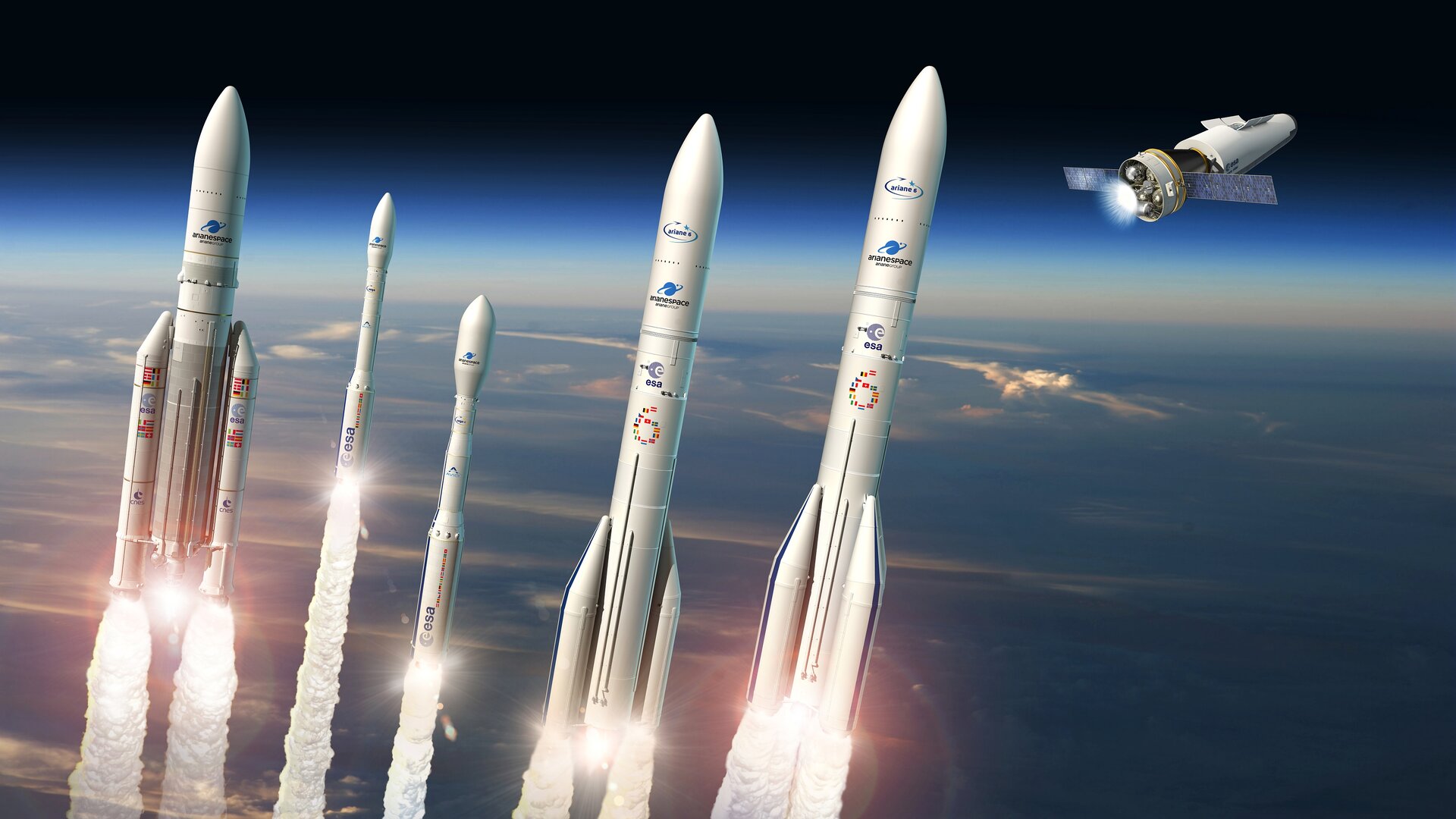Rockets have been instrumental in human exploration of space, providing the propulsion necessary to launch spacecraft into orbit and beyond. These powerful machines harness the energy of combustion or rocket fuel to generate thrust, overcoming the Earth’s gravity and propelling vehicles into the vastness of the cosmos.
Types of Rockets
- Liquid-Fueled Rockets: These rockets use liquid propellants, such as hydrogen and oxygen, that are mixed and ignited to produce thrust. They offer high performance and are commonly used for large-scale space missions.
- Solid-Fueled Rockets: These rockets use solid propellants, which are pre-packaged and ignited to generate thrust. They are generally simpler and more reliable than liquid-fueled rockets but offer lower performance.
- Hybrid Rockets: These rockets use a combination of solid and liquid propellants, combining the advantages of both types.
Key Components of a Rocket
- Stage: A rocket is typically divided into multiple stages, each of which is jettisoned once its fuel is spent. This allows the rocket to become lighter and more efficient as it ascends.
- Payload: The spacecraft or cargo that the rocket is carrying.
- Engine: The device that generates thrust by burning fuel and oxidizer.
- Fuel Tanks: The containers that hold the rocket’s fuel and oxidizer.
- Guidance System: The system that controls the rocket’s direction and ensures it follows the correct trajectory.
Challenges of Rocket Design
Designing and building rockets is a complex and challenging task. Some of the key challenges include:
- Weight: Rockets must be as lightweight as possible to reduce launch costs and increase payload capacity.
- Reliability: Rockets must be highly reliable, as failures can have catastrophic consequences.
- Safety: Rockets must be designed to minimize the risk of accidents and explosions.
- Environmental Impact: Rockets can have a negative impact on the environment, particularly in terms of emissions and noise pollution.
The Future of Rockets
As technology continues to advance, we can expect to see even more innovative and powerful rockets in the future. These rockets may be used to launch larger payloads, explore distant planets, and even establish human settlements in space. Additionally, there is ongoing research into reusable rockets, which could significantly reduce the cost of space travel.
